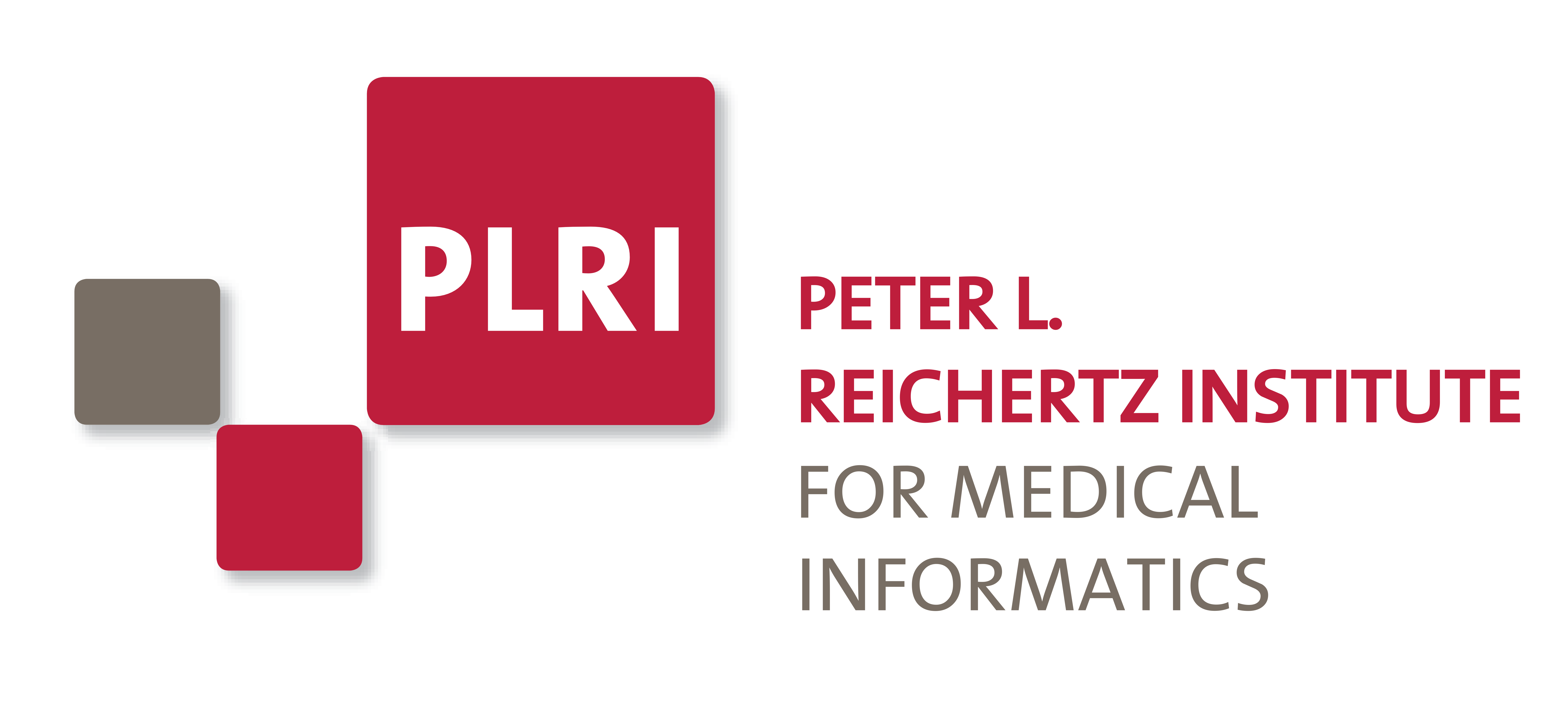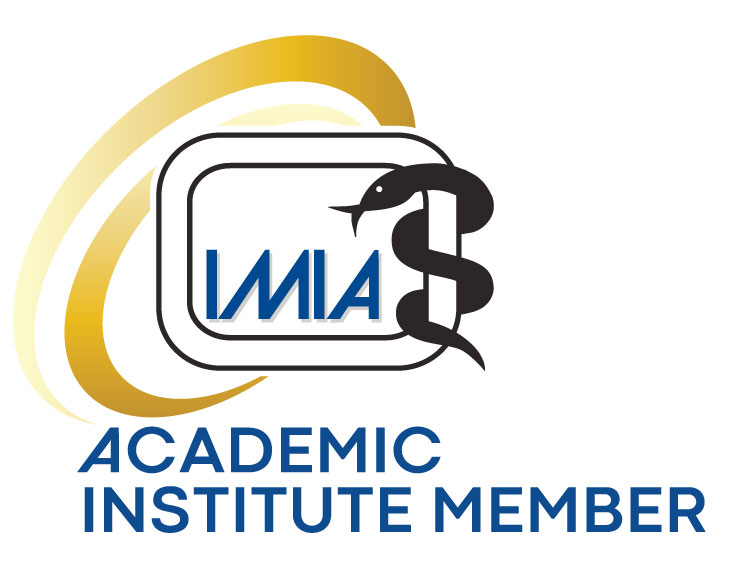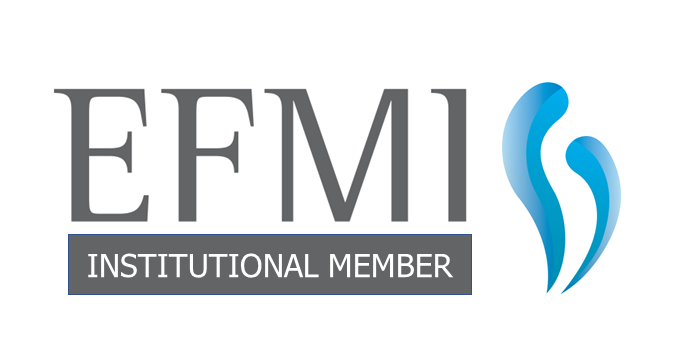Accompany life holistically.
Due to increasing digitalization, medical research and health care are facing a fundamental upheaval. Fundamental advances in sensor technology and imaging in clinical routine as well as in the private setting are providing new data. The trans-sectoral networking of health care data links the episodic data sets to form heterogeneous data sets, which in the medium term cover the entire life span. New data analysis technologies for large amounts of data enable novel approaches for understanding and treating diseases. This is not a matter of the simple use of technologies, but of fundamental changes in health care, which include more individualized care, new tele medical services and new participants in the market.
Central aspects are the use of new digital methods in health care and nursing, evidence- and data-based medicine, the design of health-promoting living environments, smart implants and novel (bio-)sensor technology, personalized medicine and comprehensive health services research along the entire healthcare chain. Particularly important are the focal points of translational medicine, health care in the area and individual prevention in the sense of healthy life planning. There is also a need for further development of training and teaching in order to impart the necessary skills.






